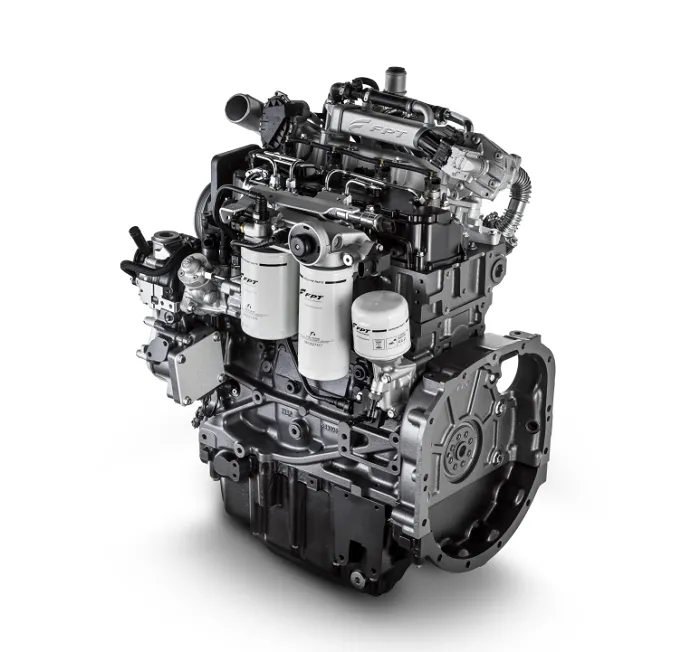The University of Hertfordshire is collaborating in a £9 million project aimed at reducing carbon emissions from off-highway machinery. The University of Hertfordshire’s School of Engineering and Technology is part of a specialist engineering consortium working on the project.
Benefiting from more than £4 million in funding from the Advanced Propulsion Centre UK Limited (APC), the project includes companies such as Caterpillar subsidiary Turner Powertrain Systems and Torotrak, a developer and supplier o
October 18, 2016
Read time: 2 mins
The University of Hertfordshire is collaborating in a £9 million project aimed at reducing carbon emissions from off-highway machinery. The University of Hertfordshire’s School of Engineering and Technology is part of a specialist engineering consortium working on the project.
Benefiting from more than £4 million in funding from the Advanced Propulsion Centre UK Limited (APC), the project includes companies such as178 Caterpillar subsidiary Turner Powertrain Systems and Torotrak, a developer and supplier of emissions reduction and fuel efficiency technology.
The aim of the project is to develop a new drivetrain system that will reduce carbon emissions and have better energy storage. This new drivetrain will be used for a range of off-highway equipment.
The three and half year project is expected to begin in December and will focus on developing and commercialising a leading edge hydrostatic, continuously variable transmission with a flywheel-based energy storage system. This is expected to deliver improved performance along with reduced fuel consumption and CO2 emissions. It should also allow manufacturers of off-highway equipment to downsize engines across a wide range of construction machines.
Flywheel-based energy storage technology is ideally suited to off-highway and construction equipment applications because it offers a robust, low-cost way to allow engine downsizing while improving machine productivity.
Staff from the School of Engineering and Technology will provide advanced simulation, modeling and design expertise in the area of computational fluid dynamics, rotadynamics and finite element analysis. The research will also benefit from the University’s High Performance Computing cluster.
Dr Rodney Day, Associate Dean (Research and Commercial) in the School of Engineering and Technology said: ‘This is a fantastic opportunity to collaborate with two leading companies to develop this novel technology for the off-highway market.’
Benefiting from more than £4 million in funding from the Advanced Propulsion Centre UK Limited (APC), the project includes companies such as
The aim of the project is to develop a new drivetrain system that will reduce carbon emissions and have better energy storage. This new drivetrain will be used for a range of off-highway equipment.
The three and half year project is expected to begin in December and will focus on developing and commercialising a leading edge hydrostatic, continuously variable transmission with a flywheel-based energy storage system. This is expected to deliver improved performance along with reduced fuel consumption and CO2 emissions. It should also allow manufacturers of off-highway equipment to downsize engines across a wide range of construction machines.
Flywheel-based energy storage technology is ideally suited to off-highway and construction equipment applications because it offers a robust, low-cost way to allow engine downsizing while improving machine productivity.
Staff from the School of Engineering and Technology will provide advanced simulation, modeling and design expertise in the area of computational fluid dynamics, rotadynamics and finite element analysis. The research will also benefit from the University’s High Performance Computing cluster.
Dr Rodney Day, Associate Dean (Research and Commercial) in the School of Engineering and Technology said: ‘This is a fantastic opportunity to collaborate with two leading companies to develop this novel technology for the off-highway market.’








